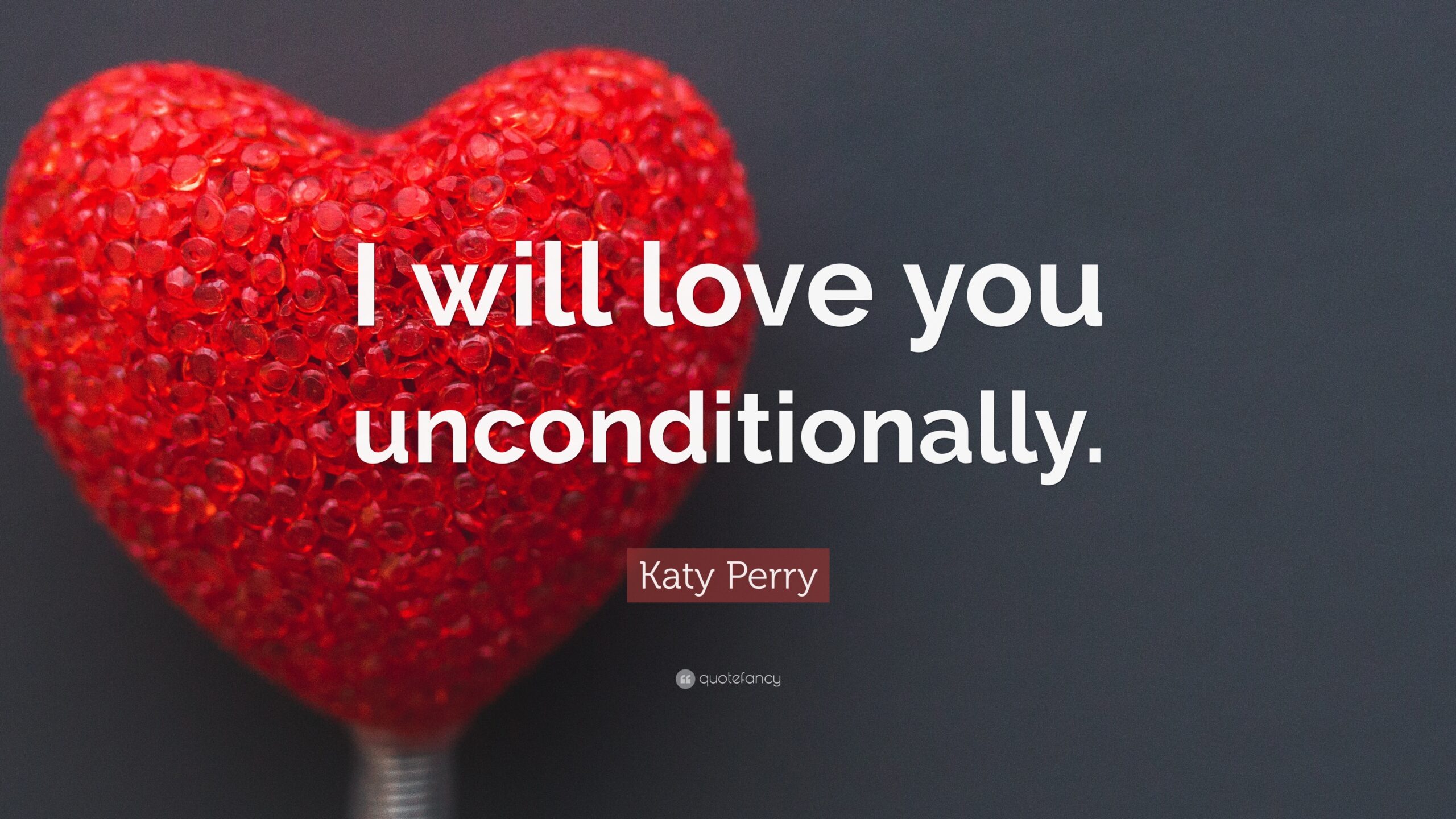
In a previous column I commented on a news story about a young man’s decision to donate (or not to donate) part of his liver to his father, in light of the fact that the alcoholic father, by ignoring his doctor’s orders, had knowingly brought the disease on himself. The risk of the son dying during the operation was statistically high, and he would suffer a painful recovery and ongoing health problems (which he did). His mother was patently opposed to the operation. It seemed a high price to pay for his father’s deliberate defiance of repeated medical advice.
I received an unprecedented number of emails; most of them boiling down to, “Whatever happened to ‘unconditional love?’” Several readers declared that unconditional love, especially for a child or a parent, was the highest ideal we could live up to. If that is true, then there should have been no question that the young man should risk his life for his father, no matter what the circumstances.
People crave unconditional love because it’s natural to want to be loved just for who you are. But even the phrase “for who you are” implies a stipulation that someone love you for the qualities you possess. Let’s say you work hard to be handsome or beautiful. Don’t you want someone to appreciate the results of your efforts? Or let’s say you’re intelligent and courageous. Wouldn’t you prefer to be loved by someone who values intelligence and courage, rather than someone who couldn’t care less?
Conditions are inescapable. As an adult, you can’t love, or be loved, unconditionally. Of course, young children in their early years need to feel just plain loved, but older children will not benefit from literal unconditional love. This would mean that the parents blindly accept everything the child does, all in the supposed interest of the child’s “self-esteem.” If the child lies or steals, a parent could not show anger or hurt, at the risk of implying that their love is in jeopardy. Forget about telling the child that lying or stealing is wrong. If their love is truly unconditional, then there’s no need for right and wrong.
Young children do require a highly tolerant form of love because their intellectual and psychological development is not yet complete. Even then, this love must include limits and conditions. If your child accidentally breaks a vase, for example, you’ll feel temporary irritation. But you say, “Yes, I was aggravated when you dropped the vase, but I never stopped loving you.”
On the other hand, if your child does something deliberately malicious, such as stealing or initiating violence (outside of self-defense), then, in that particular context, you should wholeheartedly withdraw your approval. That’s precisely why parents must teach the child about right and wrong using consistent conditions and consequences.
Such an approach is kind because it helps the child learn to think beyond the immediate whims of the moment. Without such training, he is likely to remain psychologically a child into his adult life.
Conditions are part of life, and are most often implicit. It’s dishonest to claim that you love someone “unconditionally.” After all, don’t you love someone because they’re special and because they stand out in some way? Admiration and respect are a part of love. Parents love their children precisely because they are their own.
The young man in the news story had every right to carefully weigh both sides of his dangerous decision. He even made his father promise (which he did halfheartedly) that he would not go back to drinking after the operation. At least he tried to apply some conditions to his life-threatening expression of love.
And the same goes for kids. By denying them conditions and consequences, they will never grow past the artificial “safe haven” of childhood into independent and secure adults.
Follow Dr. Hurd on Facebook. Search under “Michael Hurd” (Charleston SC). Get up-to-the-minute postings, recommended articles and links, and engage in back-and-forth discussion with Dr. Hurd on topics of interest. Also follow Dr. Hurd on Twitter at @MichaelJHurd1, drmichaelhurd on Instagram, Michael Hurd Ph.D. on LinkedIn, @DrHurd on TruthSocial
